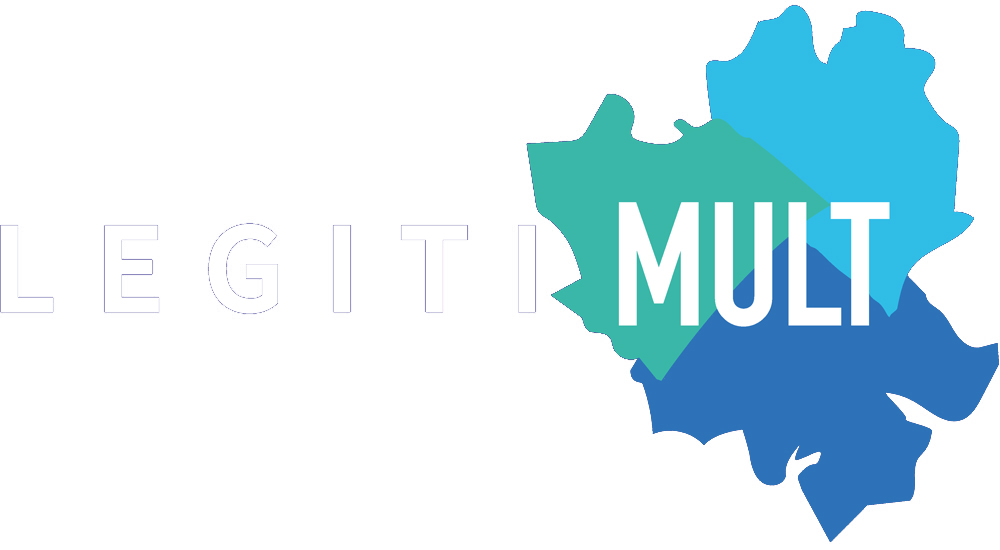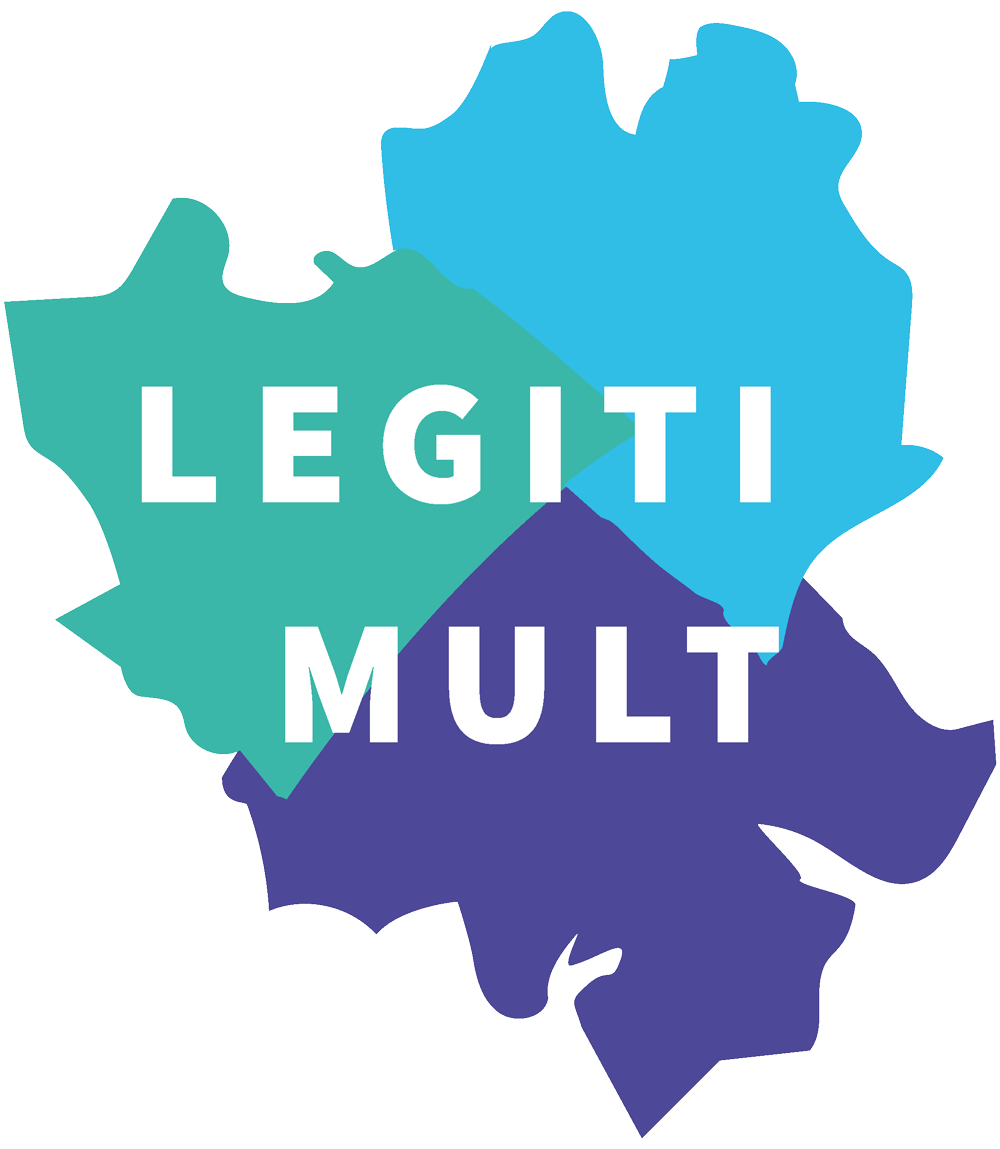Summary
Click any link below to access the item
Written by Sara Parolari, this country report examines Italy’s response to the COVID-19 crisis, focusing on the declaration of a state of emergency, the involvement of experts in crisis management, and the roles played by national and local parliaments, as well as the judiciary. This analysis contributes to the broader reflection on the Rule of Law and Democratic Participation during times of crisis.
Although the impact of decentralization on public sector size has been extensively studied, little attention has been given to how this relationship unfolds during extreme events. Does decentralization amplify or constrain government intervention in times of crisis? This report addresses this gap by examining how different dimensions of decentralization influenced the size of fiscal measures adopted by 31 European countries in response to the crunch of the Covid-19 pandemic.
Written by Elisabeth Alber and Virginia Vergara from Eurac Research, this report aims to provide evidence on how Italy’s legal and institutional system responded to violence against women during the COVID-19 pandemic.
Written by Francisco Javier Romero Caro, this country report examines Spain’s response to the COVID-19 crisis, focusing on the declaration of a state of emergency, the involvement of experts in crisis management, and the roles played by national and local parliaments, as well as the judiciary. This analysis contributes to the broader reflection on the Rule of Law and democratic participation during times of crisis.
This dissertation by Jakob Frateur examines citizens’ political trust during crises, using the COVID-19 pandemic in the European Union as a case study, and explores how trust influences acceptance of crisis measures such as lockdowns and vaccination policies. It shows that citizens differentiate between levels of government in a multilevel EU system, value intergovernmental cooperation, and place strong importance on transparency and legality in crisis decision-making.
This reports consists of two complementary studies on legitimate crisis governance during the COVID-19 pandemic. The first part presents qualitative case studies from selected countries and regions, analyzing sense-making, decision-making, and meaning-making in crisis management from a multi-level governance perspective. The second part reports results from a survey experiment in Germany and the Netherlands, examining how the level of decision authority and the territorial scope of crisis measures affect citizens’ perceptions of legitimacy, compliance, and acceptance of protest, thereby addressing how democratic governments can maintain legitimacy when governing crises.
This study delves into parliaments’ ex-post oversight of Covid-19 crisis governance, with a particular focus on the formation of ad hoc Covid committees. It suggests that the performance of crisis governance, parliaments’ role, populist radical right parties and institutional rules influence the formation of ad hoc Covid-19 committees.
The report by Martina Gianola describes the impact of Covid-19 on asylum seekers in the Autonomous Province of Bolzano, Italy during the first 6 months of the emergency. The focus lies on requests for international protection and accomodation
The research paper “Making Sense of Citizens’ Political Trust in Times of Crisis” by Jakob Frateur, Peter Bursens, Patricia Popelier and Susana Coroado is composed of two distinct studies. The first study examines how intergovernmental consultation influences citizens’ trust in various levels of government involved in pandemic management. The second study utilizes time-series qualitative comparative analysis (TsQCA) to explore the country-level conditions that contributed to a decline in trust during the pandemic.
In this working paper, we discuss the research rationale underlying the draft coding scheme, we detail conceptual choices and the development of indicators, we provide argumentation for the operationalization of the indicators, we address practical issues in relation to the application of the draft coding scheme, and we discuss the generalizability of the draft coding scheme to other crises.
The second deliverable of work package 3 outlines the research design of five empirical studies that investigate the rule of law and democratic participation in the context of multilevel governance. Each of the five studies focuses on a crucial aspect of a legitimate crisis governance. These are the following aspects: 1) the declaration of a state of emergency; 2) parliamentary oversight; 3) judicial oversight; 4) the limitation of electoral participation; and 5) the role and nature of expert advice bodies.
This Research Outline presents the research outline and design that will be used to execute qualitative field research for the research on Human Rights and Non-Discrimination to detect perceptions and attitudes of respondents regarding the impacts and consequences of Covid-19 related crisis management on human rights, rights, protection and situation of diverse minorities and other distinct communities as well as on (the realization of) the principle of non-discrimination.
The Research Outline is based on the survey aims to study the determinants of political trust in a context of crisis governance by looking at the level of government, the type of crisis governance and the mode of interaction between government levels. We want to study the following question: how do the level of government, the type of measure and the mode of interaction between government levels affect citizens’ trust in that government to take a particular measure?
Considering that different tiers of government, including national, subnational and supranational levels, played an essential part in supporting individuals and businesses, we are interested in understanding how multilevel systems shaped the legitimacy of crisis management in terms of governance and results. For this purpose, this working paper introduces the research design that allows us to examine the impact of political de/centralisation and intergovernmental coordination on the design, implementation and results of social and economic responses to COVID-19 across different levels.
Crises, such as natural disasters, terrorist acts, economic breakdowns, or disease outbreaks, pose fundamental challenges to governments. The WP2 literature review shows that while current scholarship reveals much about national, subnational and local responses, it remains limited by a narrow set of research methods, comparisons across cases that are solely of one or another MLG-type, and a lack of specificity regarding the government response studied. The paper proposes a mixed methods research design for testing the framework to better understand the effects of multilevel governance systems on crisis governance responses and citizens’ perceptions of their legitimacy.
The Covid-19 pandemic was a stress test to democracies. To date, however, questions related to the political legitimacy and democratic quality of crisis governance have received little attention in research. To identify indicators of a democratic crisis governance, this working paper has thus reviewed the literature on Covid-19 crisis governance. It also presents an overview of the various cross-national trackers of Covid-19 measures that have been collected. As such, the paper provides the conceptual foundations for the analysis of the relationship between multi-level governance and political legitimacy in crisis governance.
This literature review shows that human rights, their limitations and suspension as well as the impacts of crisis governance on (social) minorities, marginalized groups and border communities are often mentioned during a crisis, but seldom focused on . It also shows that human rights, including rights of minorities, are among the first victims of crisis situations and crisis management.
This literature review studies the effect of multilevel governance systems and/or crisis governance on political trust. The goal of this research is to systematize and integrate knowledge of these distinct strands of research, searching for overlaps, in order to get more insight in the phenomenon of political trust.
We could draw some lessons from the existing literature and first evaluations. Besides fast interventions and established risk management frameworks, clear responsibilities and mandates as well as strong internal communication and cooperation mechanisms among agencies and governments have been crucial not only for the adoption of effective public health measures but also for the making and implementation of social, economic and fiscal measures. However, this review has also revealed the need to improve our knowledge of the impact of multilevel governance on the making and implementation of social, economic and fiscal measures.
Purpose of the data collection/generation in the LEGITIMULT project is to identify and evaluate the legal measures taken by 31 European governments, in relation to their impact on multilevel governance. This will be done through the creation of datasets highlighting how these procedures link to multiple orders of governance – WHO and EU above the states, and regional and local governments below the national level.
This dissemination strategy aims to provide the tools to build, adapt, diffuse
and participate in the implementation and use of this toolkit. It follows the structure of a funnel, starting from overall objectives to more precise actions. It also delivers indications for the strategy’s further development and updates.
If you have any feedback or questions about our publications, please contact the Institute of Federalism
























